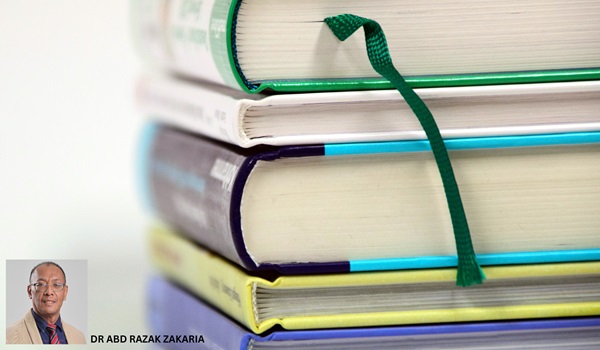
The teaching profession is no longer a foreigner’s noble job in any country; rather, it has long been the preferred occupation for diploma and degree graduates.
Recently, the topic of the sudden retirement of senior instructors has revealed that this profession is in a bit of a downturn. However, the government has revived this profession by offering relatively few new admissions each year.
Every year, teachers are hired to replace retired teachers, bringing this profession back into demand, despite the fact that a career as a teacher is not as easy as it appears.
However, the extent to which teachers are now respected as a professional job and serve as the backbone of the country’s expectations of a civilized generation.
The teaching profession was historically considered lonely since it was a relatively static vocation with lower compensation when compared to other careers that promised more pay.
The somewhat constrained professional environment and repeated job routines make this vocation less appealing to university graduates. However, career growth and reforms made by the government make a career as a teacher more appealing, creating an atmosphere that allows for the improvement of teacher quality and a more fascinating professional career.
The Minister of Education’s recent speech is viewed positively in terms of re-establishing teacher professionalism by including them in Curriculum Development and Assessment in education.
According to Fadlina Sidek, teachers will be allowed more leeway in developing the new school curriculum, which will be implemented in 2027.
Teachers are still unsure how much of this is true because they have not been asked to provide feedback on curriculum development or educational assessment. They only received the new curriculum and assessment form, which will be implemented in schools.
Teachers who have been in schools for years have experience and should be considered since they are not only executors but also people who work in an atmosphere where the government’s goals and vision are carried out.
After dedicating decades to the subject of education, their knowledge and abilities are no longer up for debate, as they are the most competent individuals to offer comments and views on curriculum development and evaluation.
Teacher’s opinions are crucial to the creation of an accurate assessment when implementing School-Based assessment (PBS), as they have a close relationship with students and understand the type of assessment that works best to gauge student’s quality from multiple perspectives.
Despite the fact that the exam does not evaluate the quality of the students as a whole, they have only accepted it thus far without objecting. Because the Ministry of Education (MoE) appears to downplay the value of senior teachers’ knowledge in influencing educational development and views the knowledge of teachers in standing schools as being on par with that of university lecturers or officials, teachers are not invited to speak about Curriculum Development and Assessment in education. officers in higher positions who focus more on positions than the implementation environment.
Since they work in an educational setting and are better aware of the demands of the present curriculum and its assessment requirements, teachers who practice assessment should be respected for their knowledge of the subject matter and their understanding of the curriculum.
It was long overdue to incorporate teachers in the development of curricula and assessments. The education minister’s comment has brought attention to the necessity for teachers to be equally involved in all educational agendas, particularly those pertaining to curriculum creation and assessment, among policymakers.
This is essential because, whether they like it or not, teachers are a vital part of the educational process, and as such, their professionalism as educators should be valued in order to shape education to meet the demands of the nation and society.
Consequently, this is in line with the annual topic of Teacher’s Day, which aims to advance teacher professionalism while raising teachers’ status as professionals in the eyes of the public.
If the Ministry of Education (MoE) is being honest in its assertion, then Malaysian teachers will undoubtedly be delighted to plant seeds of commitment and use their careers to contribute to the nation’s future development.
Teachers should be allowed to collaborate in order for their careers to advance and become the driving force behind the development of both the nation and the individual, regardless of what happens to education after this.
AUTHOR DR ABD RAZAK ZAKARIA Chairman, Universiti Malaya Family Research and Development Center (UMFRDC). Can be contacted via email abdrazak@um.edu.my.
This article is translated from the original Malay article. It is the author’s personal view and does not necessarily represent the official view or position of RTM.



